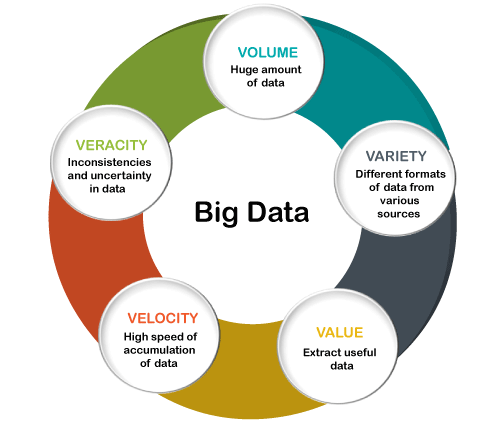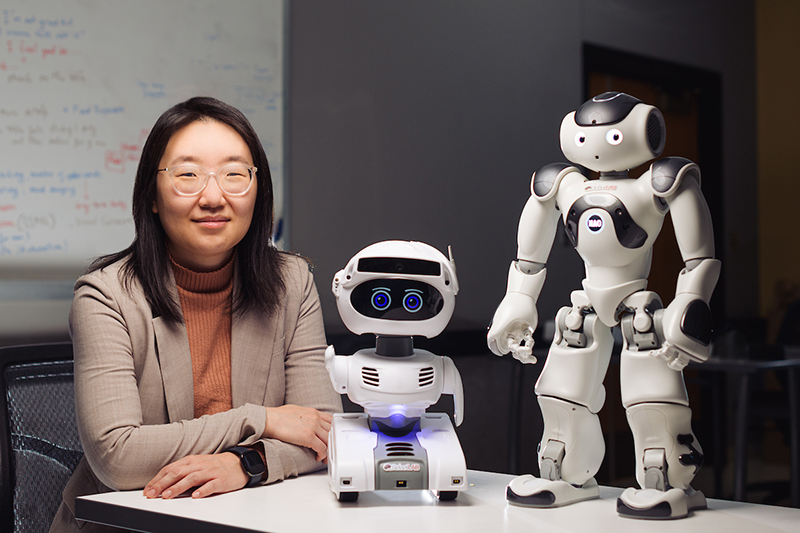As artificial intelligence (AI) and machine learning (ML) continue to revolutionize industries, the demand for skilled professionals in these fields has skyrocketed. From automating routine tasks to making groundbreaking advancements, AI and ML are at the forefront of technological innovation. This blog explores some of the most promising career options in AI and ML, highlighting the roles, required qualifications, and future prospects for those looking to make a mark in this dynamic field.
1. Data Scientist

Data scientists play a crucial role in today’s data-driven world. Their primary responsibilities include gathering, analyzing, and interpreting data to draw actionable insights and develop effective solutions for business challenges. Data science heavily relies on machine learning and artificial intelligence, incorporating techniques such as regression analysis and predictive modeling to generate valuable insights.
2. Machine Learning Engineer
Machine learning engineers possess expertise in application development, language processing, statistics, and mathematics. Their work involves creating and managing self-operating systems that drive machine learning initiatives. Proficiency in languages like Python, R, Scala, and Java is essential, although a master’s degree in mathematics or computer science is often preferred. With a median salary exceeding $100,000, these engineers are in high demand across various sectors, including speech recognition, fraud detection, customer insights, and risk management.

3. Research Scientist

Research scientists delve deep into the study of machine learning and computational intelligence systems. Candidates typically hold a PhD or master’s degree in mathematics or computer science. Companies seek individuals with a solid background in AI for these positions, which offer high salaries. Demand for research scientists is expected to remain strong over the next decade.
4. Business Intelligence Developer
A Business Intelligence Developer combines AI expertise with market knowledge to analyze large datasets and identify emerging market trends. This role is well-compensated and in steady demand. A bachelor’s degree in computer science, mathematics, or engineering is advantageous, and candidates should have excellent problem-solving abilities and intellectual acumen.

5. AI Data Analyst

To become an AI data analyst, a bachelor’s degree in mathematics or computer science is typically required. Proficiency in regression analysis and advanced MS Excel skills are also essential. Although the salary for AI data analysts is relatively modest compared to other AI roles, the demand for this position is consistent. However, the long-term career outlook for AI data analysts remains uncertain.
6. Big Data Engineer
Big data engineers are responsible for creating environments that enable efficient communication of business processes. This role is ideal for those who enjoy working with cutting-edge technology. Candidates should be proficient in programming languages like Python, R, and Java. Although the salary for this position is modest compared to others, the steady demand makes it a viable career path. A PhD in computer science or mathematics is highly valued in this field.

7. Robotics Scientist

The rise of robotics in AI has the potential to significantly reduce manual labor. However, as robotics scientists continue to develop and program these machines for major industries, job opportunities in this field are likely to grow. A master’s degree in robotics, computer science, or engineering is usually required. Robotics scientists command high salaries, and while automation may reduce some jobs, skilled professionals in this field will remain in demand.
8. AI Engineer
AI engineers are the problem solvers who design, test, and implement various AI models. A bachelor’s or master’s degree in data science, computer science, or statistics is often required, along with programming skills in languages like Python, R, or C++. Given the growing demand for AI engineers, the pay scale is very attractive. Engaging in personal projects is an excellent way to develop and showcase these skills. Remember, the journey into AI is gradual, requiring curiosity and a willingness to take risks.

The AI and ML fields offer a diverse range of career opportunities, each with its own unique challenges and rewards. Whether you’re drawn to the data-driven world of data science, the cutting-edge development in machine learning engineering, or the innovative research in robotics, there’s a role that aligns with your interests and skills. As these technologies continue to evolve, professionals in AI and ML will play a crucial role in shaping the future. With the right education and a passion for innovation, you can build a successful and impactful career in this rapidly growing industry.
